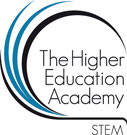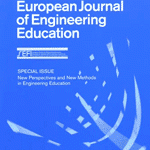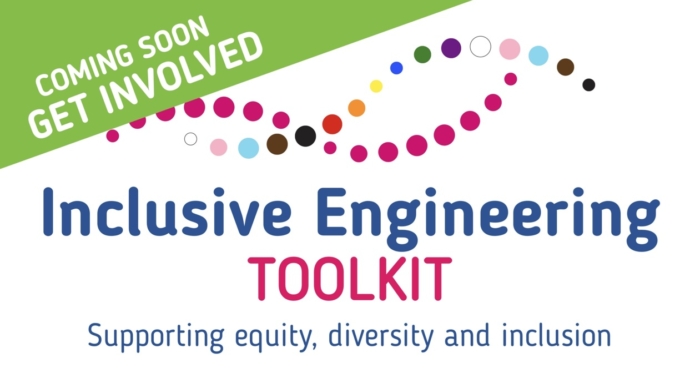In our Curriculum Development and Teaching Innovation Toolkit you’ll find just a sample of the range of resources available to support curriculum development and innovation in teaching engineering programmes, with links to some of the engineering education research centres. This is an area which is developing constantly so please do contribute links and resources to keep it up to date by starting a discussion or contacting us directly.

There’s a range of resources available on the Higher Education Academy’s website developed by the former Engineering Subject Centre.

HELM – Helping Engineers Learn Mathematics – was a major curriculum development project undertaken by a consortium of five English universities – Loughborough, Hull, Reading, Sunderland and Manchester. Its resources are available here.

The National HE STEM Programme was a three-year initiative funded by the Higher Education Funding Councils for England and Wales (HEFCE/HEFCW). It started in August 2009 and completed in July 2012. The Royal Academy of Engineering led the engineering strand of the programme. It supported the National HE STEM Programme through collaborations with HE institutions to encourage new approaches to recruiting students and delivering programmes of study in engineering. It enabled the transfer of good practice across the HE STEM sector, facilitating its wider adoption, and encouraged innovation, supporting those in particular with the potential to achieve long-term impact within the Higher Education sector. There’s a range of case studies available here.

European Journal of Engineering Education (EJEE): the Official Journal of SEFI. Published bi-monthly, the journal examines the economic, cultural, and social factors which influence the education of engineers in different societies and provides a forum in which teachers in engineering schools, institutions and industry can share accounts of good practice and discuss methodology.

Grant Campbell and Daniel Belton at the University of Huddersfield have published a useful paper about introducing a new engineering programme in a high cost subject at a time of constrained resources but high demand. The full paper is available here.
![]()
Degree Apprenticeships Toolkit
In September 2015 the first university-business co-developed Degree Apprenticeship programmes were launched – having been designed and eligible for funding under the government’s new model for apprenticeship training (Apprenticeship Standards), and expected to be resourced via the so called “apprenticeship Levy”. Whilst still at a relatively small scale and early stage, as at March 2016, Apprenticeship Standards are ‘ready for delivery’ at the Degree Apprenticeship level in three discipline areas – two of which are engineering-related. A further seven are awaiting approval, five of which are engineering-related.
![]()
Our two Placements Toolkits are the result of the research conducted to address the recommendations of the Perkins Review of Engineering Skills and the Royal Academy of Engineering’s Universe of Engineering Report about engineering student’s placements in companies.

Quality assurance & enhancement
A distinctive approach to quality is taken in Scotland- the Quality Enhancement Framework (QEF) which provides a means for institutions, academic staff, support staff and students to work together in enhancing the learning experience. The following link provides a useful portal of case studies in Scottish Universities on issues ranging from improving student experience through articulation through to postgraduate learning methods: http://www.enhancementthemes.ac.uk/institutional-plans/case-studies
See also the quality assurance toolkit
Any views, thoughts, and opinions expressed herein are solely that of the author(s) and do not necessarily reflect the views, opinions, policies, or position of the Engineering Professors’ Council or the Toolkit sponsors and supporters.




